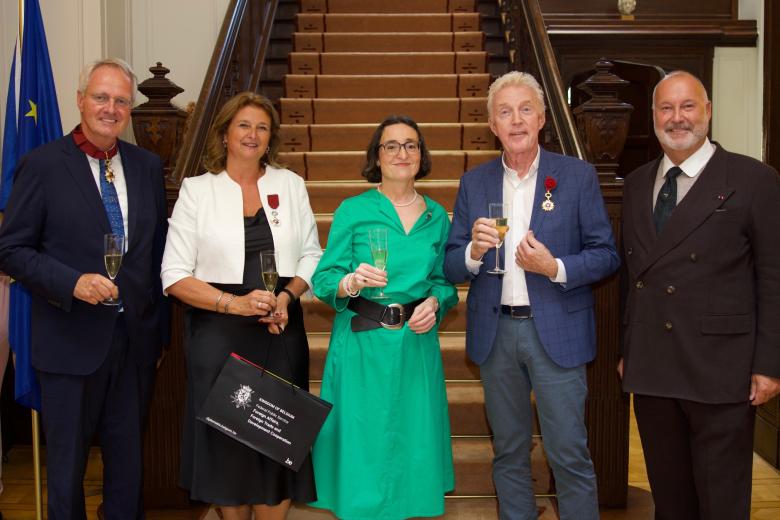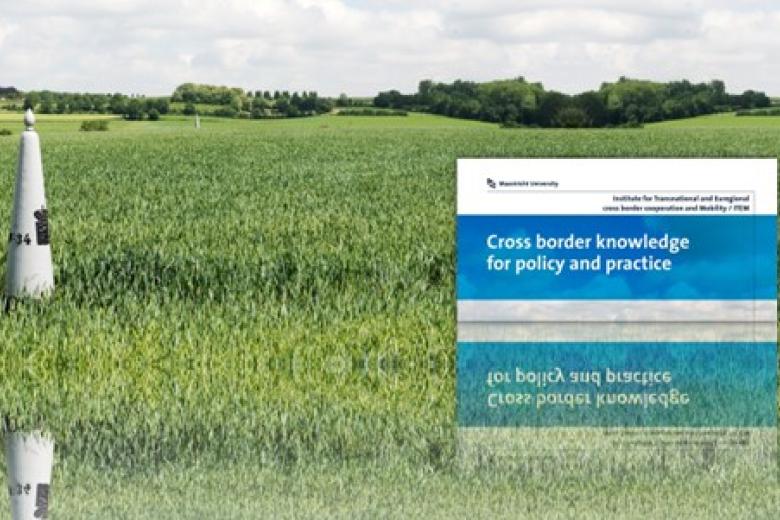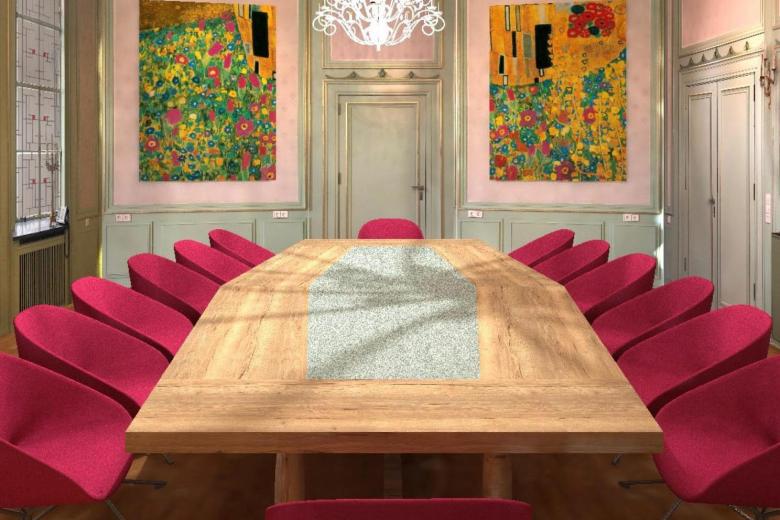What can legal logic and social ontology teach us about international cooperation?
On 18 March 2021, Henrique Marcos, Dr Antonia Waltermann, and Prof Dr Jaap Hage (Foundations and Methods of Law, Faculty of Law, UM) presented their paper "From Sovereignty to International Cooperation: Lessons from Legal Logic and Social Ontology" at the 10th Annual Cambridge International Law Conference.
Their presentation showed how theoretical tools from legal logic could help us find a coherent legal system in a pluralistic and fragmented collection of sources of international law. Marcos, Waltermann and Hage argued that — due to the specific nature of legal rules and the logic that applies to them — the proliferation of international rules and fragmentation of international law, as brought about by exercises of sovereignty, does not necessarily lead to rule conflicts or inconsistencies. What is needed is a framework of (meta)rules, logic for rules, and information about the relations between rules that can turn the unsupervised set of international rules into a consistent and workable set.
Their panel, "Co-operative Frameworks in International Law: Theory and Practice", was shared with presentations made by Ms Sandrine Brachotte (PhD Candidate, Sciences Po Paris, Frances), Dr Marek Jan Wasinski (University of Lodz, Poland), and Dr Ayako Kobayashi (Sophia University, Tokyo).
Also read
-
Professor Anouk Bollen-Vandenboorn appointed Knight in the Order of the Crown
Prof. Dr Anouk Bollen-Vandenboorn, Director of the Institute for Transnational and Euregional cross border cooperation and Mobility (ITEM) at the Faculty of Law, Maastricht University, was appointed Knight in the Order of the Crown on 3 July, during a formal ceremony at the Belgian Embassy in The...

-
ITEM continues: Advancing cross-border cooperation and impact
ITEM enters new phase within UM Faculty of Law from 2025.

-
IGIR seminar series
The IGIR seminar series will be launched after the Summer break. Our aim is to offer a nice and friendly environment for staff members and visiting researchers to present their ongoing research.
